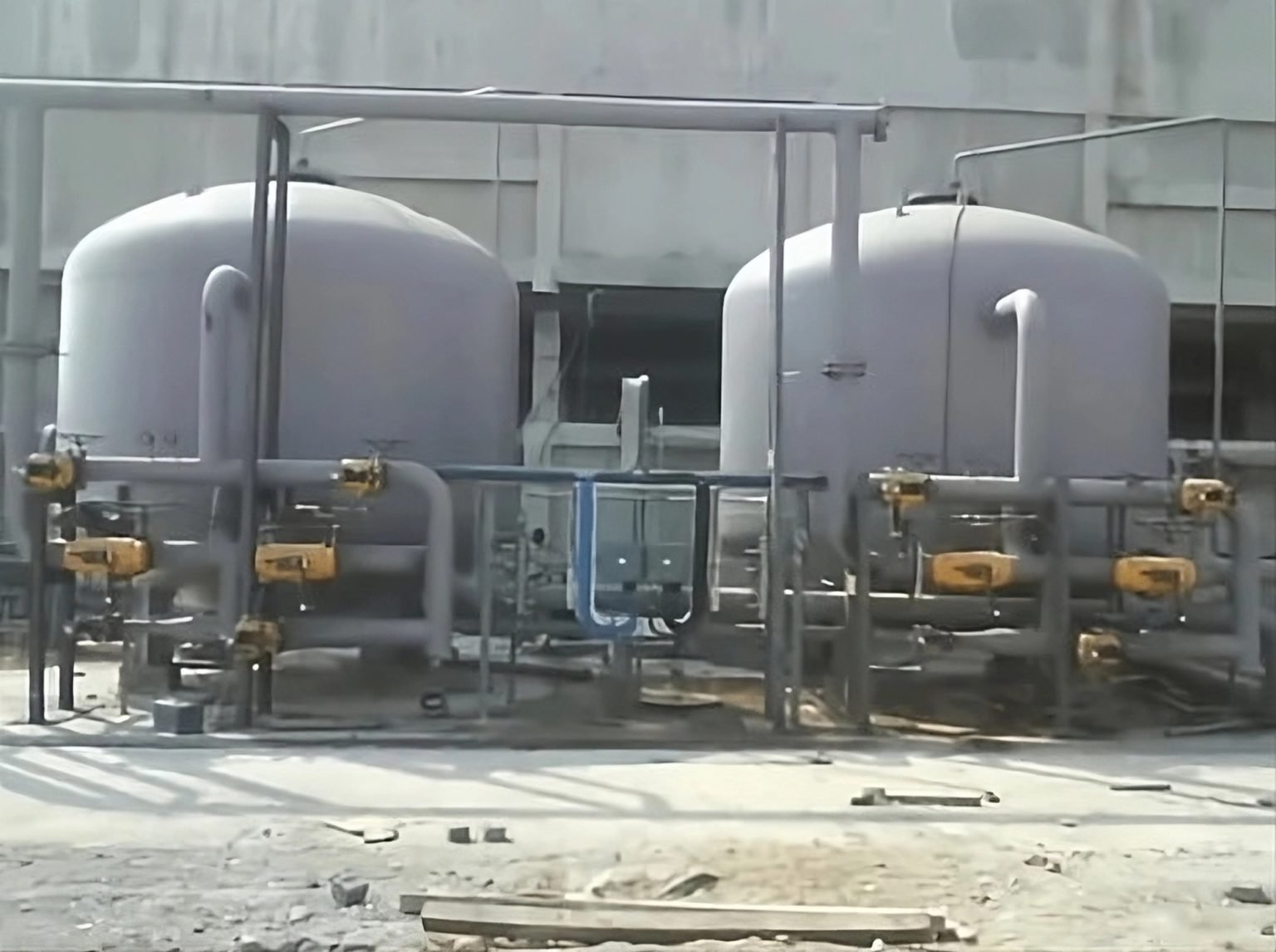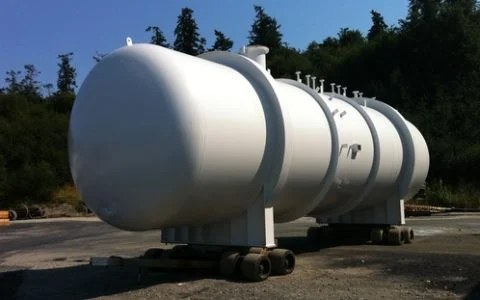


1. Side Stream Filters
Side stream filters area vital component of thecooling towers and heat
Side stream filters are essential for cooling towers and heat
exchangers, improving system efficiency by removing dust,
particulates, and suspended solids.
Our award-winning multi-media water filter is precisely engineered for
high performance, low pressure drop, durability and optimal surface
area ensuring ongoing customer satisfaction.
By using side stream filtration, many advantages might result in a high return on investment. It is important to note that not all advantages are appropriate for all locations or systems and that knowing the toxins and water quality before committing is advised.
2. Pressure Vessels / Tanks
Pressure vessels are specialized containers designed to safely hold
gases or liquids at high pressures. They’re built with strong
materials to withstand extreme conditions and are regulated by strict
safety standards.

Large volumes of materials can be contained in a small space by using a pressure vessel. This is helpful for the petrochemical and energy sectors, where material transportation and storage are essential to effective production operations. Its ability to store enormous volumes of materials is matched by its ability to preserve the stability and integrity of those materials throughout time. This guarantees that the contents are intact and functional.
A method the vessels adjust to specific situations is through their unique design. The material, the working pressure and temperature, and the installation area can all be taken into consideration when designing them to suit exact specifications. This strategy guarantees that the pressure containers will easily integrate into the settings and procedures of a wide range of applications.
Organizations like the American Society of Mechanical Engineers (ASME) have set quality standards and regulations that pressure vessels must adhere to throughout construction. These regulations cover every aspect of the container’s lifecycle, including design, material selection, building, testing, and maintenance. Compliance with quality standards is particularly crucial in industries like chemical processing and power production where safety is critical.
The vessels might be shaped as round containers, cylindrical tanks, or even more intricate geometries. This enables engineers to design a business appliance or an industrial setting with the best possible shape to improve space utilization. They can also be erected above ground, buried underground, or integrated into already-existing structures, giving them a variety of presentations.
A pressure vessel is used in many different industries for a variety of purposes. At high pressures or temperatures, it can store solids, liquids, and even gases. It can be used for everything from petrochemical industry containment of reactive chemicals to sustaining water supply system pressure. Additionally, built-in safety features like emergency venting systems and relief valves are possible.
Pressure vessels have a low operating cost, which can be due to their excellent resistance to corrosion and low maintenance needs. These are hermetically sealed vessels, in contrast to other storage systems and containers that are susceptible to the negative effects of oxygen. Additionally, they exclusively contain the particular material—typically not oxygen—that they are intended to hold.